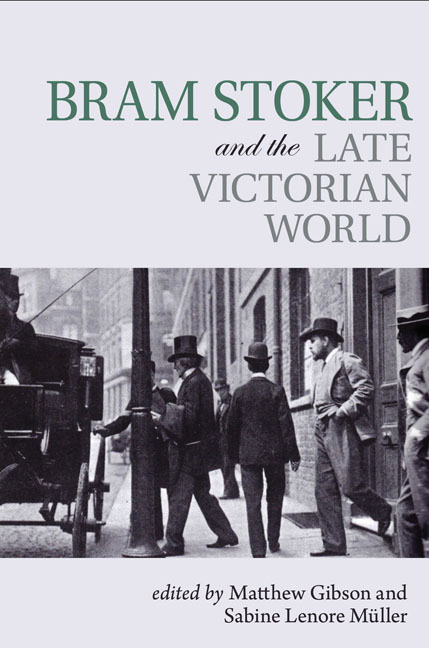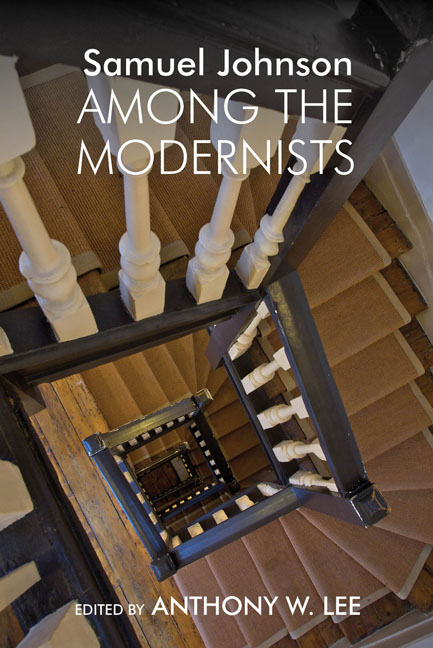10 results in Clemson University Press

T. S. Eliot and Organicism
-
- Published by:
- Liverpool University Press
- Published online:
- 24 July 2020
- Print publication:
- 12 December 2018
-
- Book
- Export citation

The T. S. Eliot Studies Annual
- Volume 2
-
- Published by:
- Liverpool University Press
- Published online:
- 18 July 2020
- Print publication:
- 10 January 2019
-
- Book
- Export citation

John Dos Passos and Cinema
-
- Published by:
- Liverpool University Press
- Published online:
- 14 July 2020
- Print publication:
- 19 June 2019
-
- Book
- Export citation

Gastro-modernism: Food, Literature, Culture
-
- Published by:
- Liverpool University Press
- Published online:
- 14 July 2020
- Print publication:
- 10 September 2019
-
- Book
- Export citation

Scholarly Milton
-
- Published by:
- Liverpool University Press
- Published online:
- 14 July 2020
- Print publication:
- 20 March 2019
-
- Book
- Export citation

Bram Stoker and the Late Victorian World
-
- Published by:
- Liverpool University Press
- Published online:
- 11 July 2020
- Print publication:
- 18 January 2019
-
- Book
- Export citation

Samuel Johnson Among the Modernists
-
- Published by:
- Liverpool University Press
- Published online:
- 11 July 2020
- Print publication:
- 09 April 2019
-
- Book
- Export citation

A Reader's Guide to Yeats's A Vision
-
- Published by:
- Liverpool University Press
- Published online:
- 11 July 2020
- Print publication:
- 01 February 2019
-
- Book
- Export citation

Locating the Gothic in British Modernity
-
- Published by:
- Liverpool University Press
- Published online:
- 11 July 2020
- Print publication:
- 19 June 2019
-
- Book
- Export citation

A Scientific Companion to Robert Frost
-
- Published by:
- Liverpool University Press
- Published online:
- 16 January 2020
- Print publication:
- 27 September 2018
-
- Book
- Export citation

